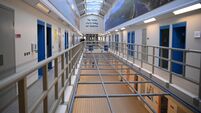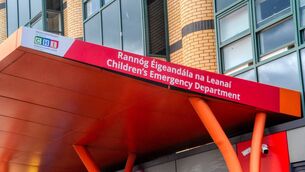O’Malley ‘bombshell’ most effective policy by any minister ever

Fifty years ago tomorrow Donogh O’Malley, then education minister, formally outlined to the Dáil his plans for free secondary education in this country. This was arguably the single most effective initiative ever taken by any Irish minister.
Just 6% of the population ever went beyond a primary education while this country was part of the United Kingdom. For the next four decades of independence, the various Irish governments considered a primary education sufficient for all but a tiny minority.
















